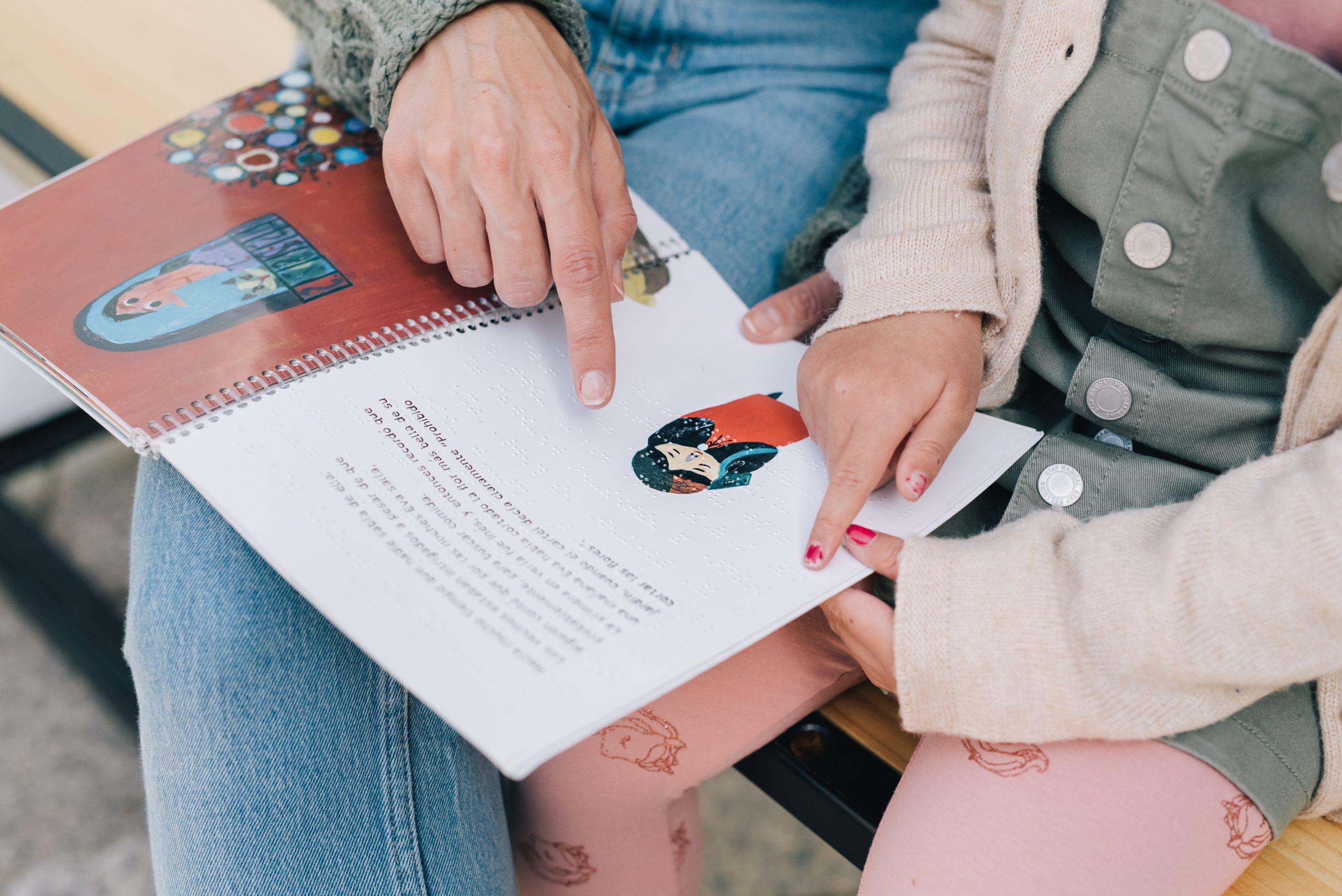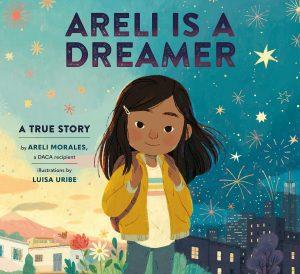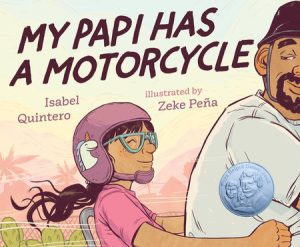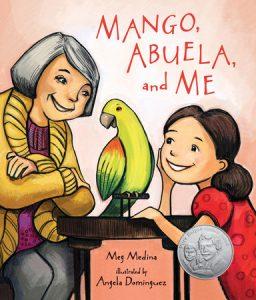 I love reading. Well, to be completely honest, sometimes the only time I read during an entire month is when I’m sitting with my daughters at bedtime. Since that’s my reality, I’m careful about what books we pick up from the library because I want to enjoy them, too.
I love reading. Well, to be completely honest, sometimes the only time I read during an entire month is when I’m sitting with my daughters at bedtime. Since that’s my reality, I’m careful about what books we pick up from the library because I want to enjoy them, too.
There are a few times during the year that I’m a bit more excited to explore certain books and this is one of those times. Why? It’s Latinx/Hispanic Heritage Month.
As a family of both Mexican and Bolivian descent, we celebrate our culture year-round, but I really ramp it up between September 15 and October 15 (when Latinx/Hispanic Heritage Month is celebrated). What better way to honor Hispanic culture and history with kids than with picture books? Here are a few of my favorite books to recognize the voices and stories within Hispanic and Latinx culture.
Areli is a Dreamer by Areli Morales, illustrated by Luisa Uribe

Based on the author’s real-life experiences, this picture book shares Areli’s story as a young immigrant from Mexico. Although moving to a new country presented many difficulties, Areli now calls America home.
I especially like this book because it explores growing pains that so many kids can relate to during their young lives.
My Papi Has a Motorcycle by Isabel Quintero, illustrated by Zeke Peña
 Daisy Ramona loves her daily motorcycle rides with her dad (Papi) around their town. There are so many familiar faces and sights in their community that celebrate their Mexican-American history.
Daisy Ramona loves her daily motorcycle rides with her dad (Papi) around their town. There are so many familiar faces and sights in their community that celebrate their Mexican-American history.
This book explores how things can change, which so many kids experience during the beginning of the school year, but parents are always there to see them through it.
Mango, Abuela, and Me by Meg Medina, illustrated by Angela Dominguez
 Mia is thrilled when her grandmother, who has always lived far away, comes to stay with Mia and her family. Mia soon finds out her grandmother (Abuela) doesn’t speak English, but over time they teach one another their native languages and form a close bond.
Mia is thrilled when her grandmother, who has always lived far away, comes to stay with Mia and her family. Mia soon finds out her grandmother (Abuela) doesn’t speak English, but over time they teach one another their native languages and form a close bond.
This book always has me in tears because it reminds me of my own grandmother, who was fluent in English but preferred Spanish, and my relationship with her. I also really appreciate the intergenerational household that’s shown in this story.
I know we may not all be Latinx or Hispanic, but that shouldn’t stop us from learning about different cultures or hearing their stories.
The beauty about simply being human is that while we may share different traditions or languages there are parts of our stories that are so alike if we’re willing to listen. . .or read.

















